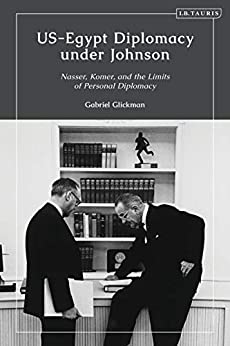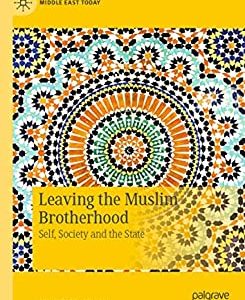Among these officials was a driven National Security Council staffer named Robert Komer, who had made it his personal mission to have the United States form better relations with Egypt's Gamal Abdel Nasser after diplomatic relations were nearly severed during the Eisenhower years. While Kennedy saw the benefit of having good, personal relations with the most influential leader in the Middle East-believing that it was the key to preventing a new front in the global Cold War-Johnson did not share his predecessor's enthusiasm for influencing Nasser with aid.
In US-Egypt Diplomacy under Johnson, Glickman chronicles US-Egypt relations under Johnson up to the outbreak of the 1967 Arab-Israeli War, bringing to light the diplomatic efforts of Robert Komer who through strategy and realpolitik was able to have an outsized influence over American foreign policy towards Egypt. Komer was a figure who should have been in the periphery, but instead was at times in the driver's seat of American foreign policy. Appealing to scholars of Middle Eastern history and US foreign policy, it reveals a new perspective on the path to a war that was to change the face of the Middle East, and provides an important “applied history” case study for policymakers on the limits of personal diplomacy.











